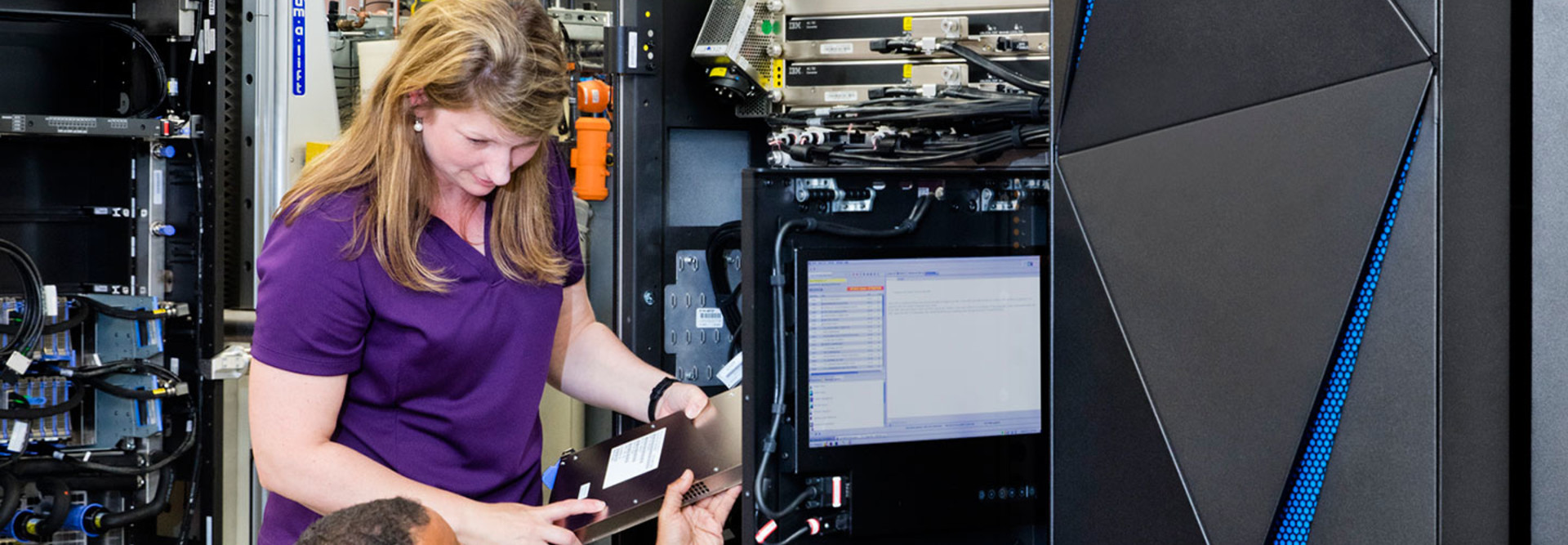IBM Says Its New Mainframe Is an Encryption Powerhouse
IBM on Monday took a stab at keeping the mainframe relevant in today's modern age of cloud computing. The tech giant says its new IBM Z14 mainframe can give companies peace of mind in a major way: If a company’s data is stolen, hackers won't be able to do much with it because it will be encrypted.
The new mainframe, IBM says in a statement, is capable of running more than 12 billion encrypted transactions per day, and also sports a "breakthrough encryption engine that, for the first time, makes it possible to pervasively encrypt data associated with any application, cloud service or database all the time."
Why should your company care about a new mainframe? IBM says that of the more than nine billion data records lost or stolen since 2013, only 4 percent were encrypted, according to data from Gemalto's Breach Level Index.
That, IBM says in its statement, makes the "vast majority of such data vulnerable to organized cybercrime rings, state actors and employees misusing access to sensitive information."
The IBM Z mainframe encrypts data with public 256-bit AES encryption, which Wired notes is "the same robust protocol used in the ubiquitous SSL and TLS web encryption standards, and trusted by the U.S. government for protecting classified data." However, Wired adds, proprietary on-chip processing hardware allows the IBM Z to "encrypt up to 13 gigabytes of data per second per chip, with roughly 24 chips per mainframe, depending on the configuration."
"This represents a 400 percent increase in silicon that’s dedicated specifically to cryptographic processes—over six billion transistors dedicated to cryptography," Caleb Barlow, vice president of threat intelligence at IBM Security, tells Wired. "So for any type of transaction system we can now get the safety that we’re all after, which just hasn’t really been attainable up to this point."









